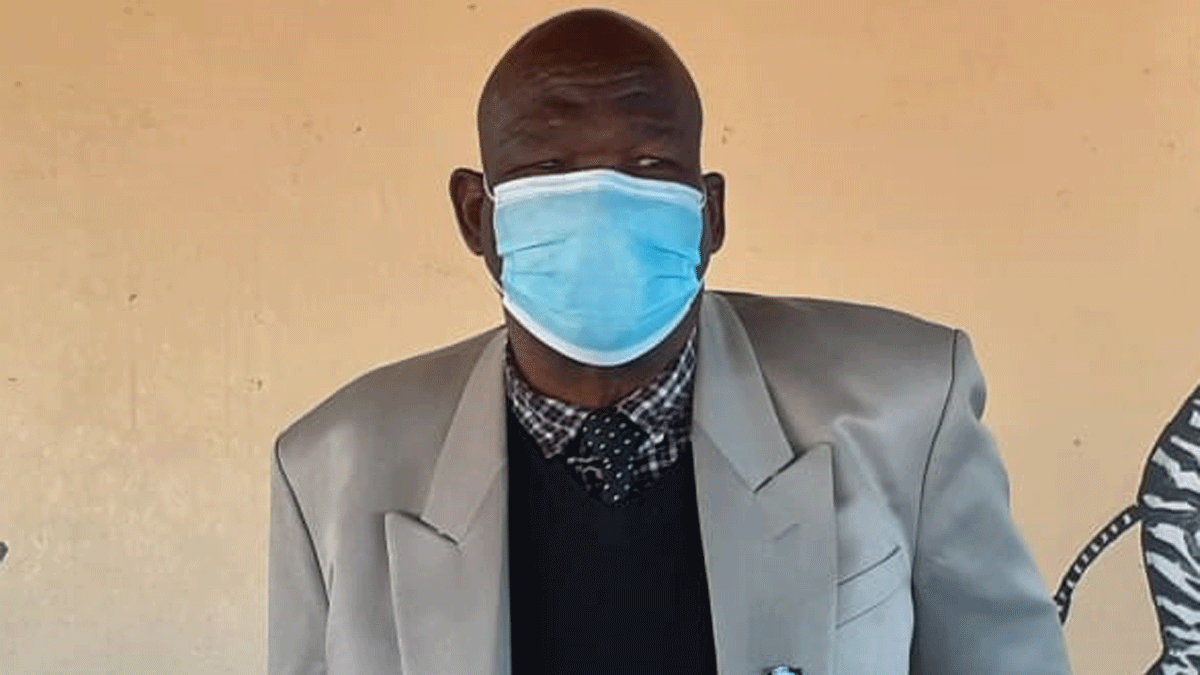The District Health Management Team (DHMT) in the Kweneng District has lamented that it was able to distribute only 74,042 male condoms and 1066 female condoms in the Molepolole/Lentsweletau sub district between September and December 2019.
The authorities told the sub district council meeting last Thursday that the male condom distribution decreased by 22,682 compared to the June-September quarter due to poor quality of some brands such as “No Name”and “Lorato” that consumers rejected.
“The condoms were out of stock for at least two consecutive weeks and that is why the distribution was low in this quarter,” said Chief Registered Nurse Ntshipi Otukile in her report to the council.
She stated that prevalence of Sexually Transmitted Infections is still a cause for concern in the district that covers other villages such as Kopong, Metsimotlhabe, and Mmatseta.
STI INFECTIONS STILL A BIG CHALLENGE
“Most of the STI Infections are registered around the age group of 30+ followed by age group 15-29 years, the sexually active population. The leading STI infection is vaginal discharge syndrome registering 2800 cases in the last quarter followed by lower abdominal pains with 1,357 cases,” Otukile said.
This is evidence that there is practice of unprotected sex in the area and it also reflects in the number of teenage pregnancies (81) registered from September to date, compared to 74 registered from January to March 2019.
“Teenage pregnancy still remains a challenge. In an effort to address these issues, DHMT will continue with public education and addressing children and teenagers on reproductive health,” she said.
However, there is a disturbing problem of shortage of drugs, especially for patients of non-communicable diseases such as hyper-tension and diabetes.
Otukile said that the DHMT has resolved that pharmacy officers should work full time at health facilities where they would be able to monitor the shortage of drugs and immediately communicate with their supervisors for immediate delivery.
TB, HIV and ANTI RETROVIARAL THERAPY
Otukile stated that 45 percent of all TB patients who were tested for HIV were HIV+ and 75 percent of them were positive during the June-September 2019.
An overall of 68 percent of TB patients are HIV+.
A total of 14,370 (5147 males and 9223 females) are on treatment with 266 new beneficiaries enrolled between September and December 2019. “There were 11 registered deaths compared to 17 from June-September quarter,” the DHMT official said.














